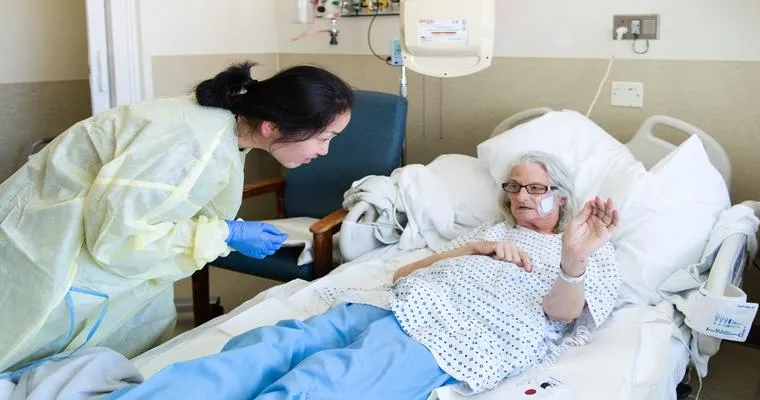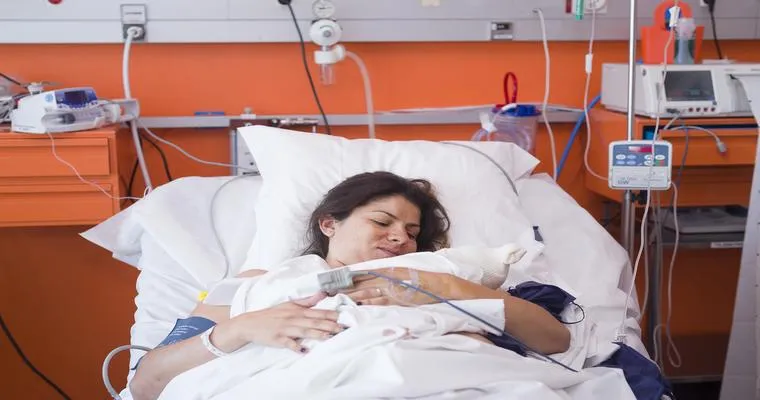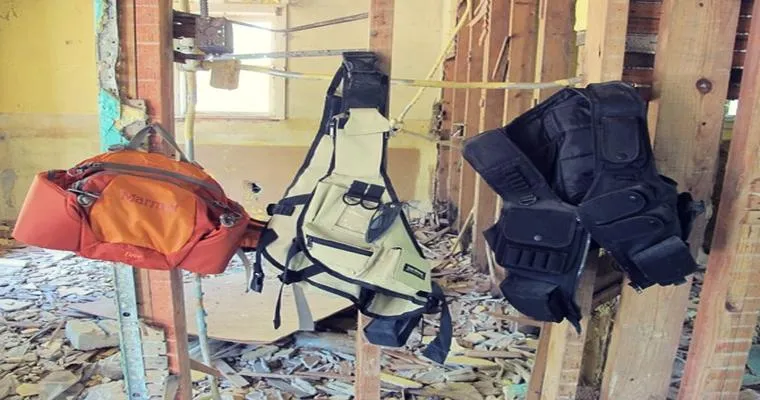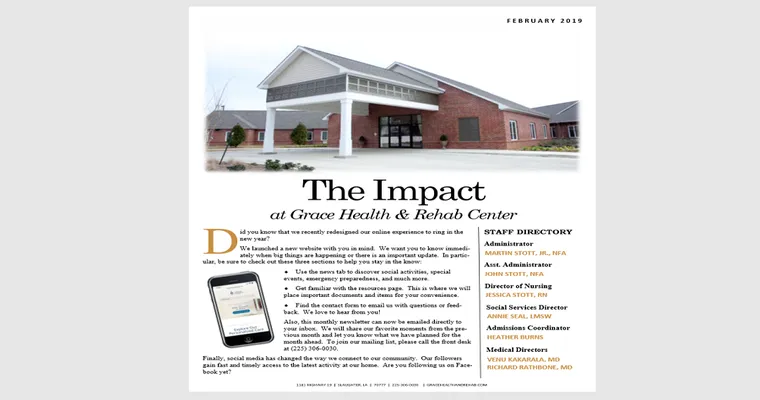When an "elderly parent" is "suddenly hospitalized", it can be a distressing and overwhelming experience for the entire family. The urgency of the situation often leaves family members scrambling to understand what to do next. It is essential to have a clear plan in place to ensure that your loved one receives the best possible care while also supporting yourself and other family members during this challenging time. Here are seven important steps to take when faced with this situation.
Step 1: Stay Calm and Assess the Situation
The first step is to take a deep breath and try to remain calm. Your emotional state can significantly impact how you respond. Gather as much information as possible about your parent’s condition. Speak with the medical staff to understand the diagnosis, treatment options, and expected recovery time. This information will guide you in making informed decisions moving forward.
Step 2: Notify Family Members
Once you have a grasp of the situation, promptly notify other family members. Keeping everyone informed helps to create a support network and ensures that everyone is on the same page regarding your parent’s health and care. Discuss who will be responsible for various tasks, such as visiting the hospital or handling family communications.
Step 3: Prepare for Hospital Visits
If possible, prepare for hospital visits by bringing essential items. Consider packing a bag that includes comfortable clothing, toiletries, and any necessary documents such as advance directives or medical histories. This preparation can make your parent feel more at home and comfortable during their hospital stay.
Step 4: Communicate with Healthcare Providers
Effective communication with healthcare providers is crucial. Don’t hesitate to ask questions about your parent’s treatment plan, medications, and any potential side effects. Understanding the details will help you advocate for your parent and make informed decisions regarding their care.
Step 5: Organize Medical Information
Gather all relevant "medical information" about your parent, including their medical history, current medications, and any allergies. This information is vital for healthcare providers to ensure proper treatment. Keeping a dedicated file or digital record can help streamline this process.
Step 6: Consider Long-Term Care Options
While your parent is in the hospital, it is essential to consider their long-term care needs. Discuss with the medical team about the potential need for rehabilitation, home care, or assisted living facilities after discharge. Evaluating these options early can help ease the transition when your parent is ready to go home.
Step 7: Take Care of Yourself
Lastly, remember that taking care of an elderly parent can be emotionally and physically draining. Ensure you are also looking after your well-being. Seek support from friends, family, or professional counselors if needed. Taking breaks and allowing yourself time to recharge will ultimately benefit both you and your parent.
In conclusion, when an elderly parent is suddenly hospitalized, it can be a whirlwind of emotions and decisions. By following these seven steps, you will be better equipped to navigate this challenging time. Staying organized, informed, and connected with healthcare providers will not only help your parent but also provide you with the support you need to cope with the situation effectively.





